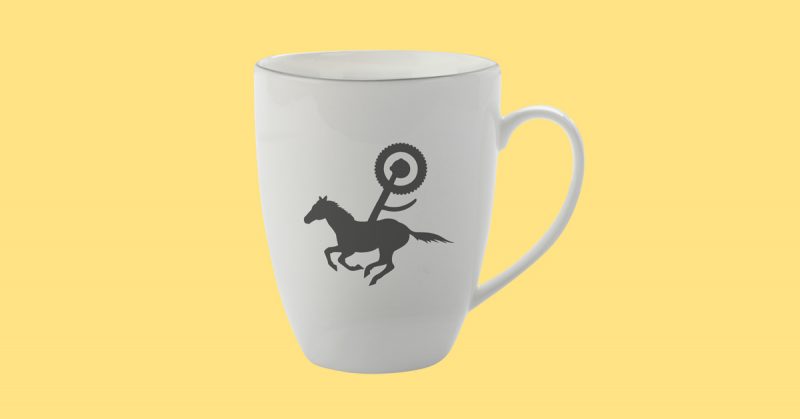DECOCTION 03: Lydia Kwa
Elee Kraljii Gardiner interviews writers about their coffee and tea rituals in this special series for CAROUSEL …
DECOCTION
— the act or process of
boiling usually in water
so as to extract the flavour
or active principle.
“Coffee is a lot more than just a drink; it’s something happening. Not as in hip, but like an event, a place to be, but not like a location, but like somewhere within yourself. It gives you time, but not actual hours or minutes, but a chance to be, like be yourself, and have a second cup.”
― Gertrude Stein, Selected Writings
Lydia, you are a dedicated and knowledgeable tea drinker. How did you get into tea to this extent?
It’s funny that you approached me at this time with doing the interview; I had just started writing down some thoughts related to my history with tea drinking a few days before you reached out to me. My first recollection of serious tea drinking was when I checked out Treasure Green Tea in Chinatown; and I marvelled at the intricacies of the tea-brewing process. I recall that my initial infatuation was with oolong teas like Iron Goddess of Mercy. I was quite intimidated by the process of brewing methods at the time, which was about twenty years ago. I’ve since grown comfortable with brewing all kinds of teas. It’s now a relaxing process, no longer one tinged with neurotic anxiety!
Can you walk me through your ideal / typical cup preparation?
There’s no ideal but it really depends on the kind of tea I’m preparing for myself. One of my basic setups is a gaiwan (a covered bowl), then a fair cup (in my case, a beaker) and a cup I choose to use. I have a Bonavita kettle that heats water up to the temperature I choose, then I do a quick rinse of the tea leaves in the gaiwan first; next, I pour water and let it steep for a certain number of seconds (yes, seconds) depending on the kind of tea; and finally, I pour the infusion into the beaker (a modern replacement for a fair cup, named for its use to proportion tea out to more than one drinker, so that each infusion is fairly distributed). Some tea leaves can be brewed for five to eight infusions with this method.
The image I am attaching here shows my usual setup. This tea was brewed from Balhyocha Saebyok, a richly flavoured Korean tea somewhat close to Chinese roasted oolongs like Red Tunic (Da Hong Pao).
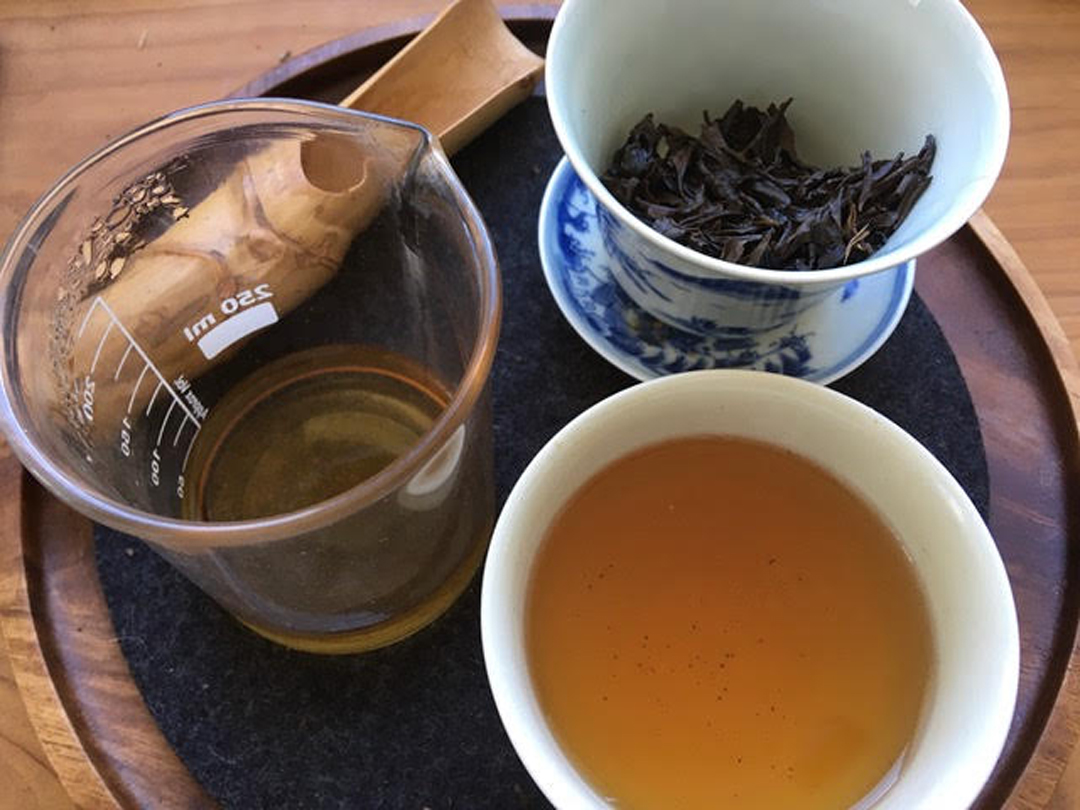
Is your writing or reading linked with drinking coffee? What text / book matches your coffee?
I went to the Spring Sale at the Nikkei Museum in Burnaby and snapped up a few books, including Stories from A Tearoom Window by Shigenori Chikamatsu, in a 1982 Charles Tuttle translation by Kozaburo Mori. Chikamatsu wrote these accounts in the eighteenth century; and it’s quite marvellous to be discovering these vignettes now.
I don’t often read books on tea, but this was quite a rare find. Chikamatsu was mostly writing about chado, the Japanese practice of tea and the culture of values around it.
What’s one of your unforgettable tea experiences, good, bad, or bizarre?
Ha ha ha I have had many bizarre tea experiences, some too rude to mention!
Seriously, one of my best and most unforgettable tea experiences was during a period of about a year, when I went to O5 tea bar on Sunday mornings, because my tea friend Jo was working that day. Jo is an experienced tea connoisseur and she worked Sundays not for money (she worked full-time as a medical researcher; she was a physician in mainland China), but out of love of tea, and wanted to share the experience with others. It turned out that Jo quite enjoyed my opinions on teas. In addition to the tea I ordered, she let me sample various other teas not on the menu, in order to hear my opinions about them. I have a sensitive palate, and I am unflinchingly honest. So this made for some candid sharing! I learned a lot from Jo about teas, and she provided some useful historical information about tea during the Tang dynasty, which helped me with revising The Walking Boy.
What are you reading?
As I said, I happen to be reading Stories from a Tearoom Window.
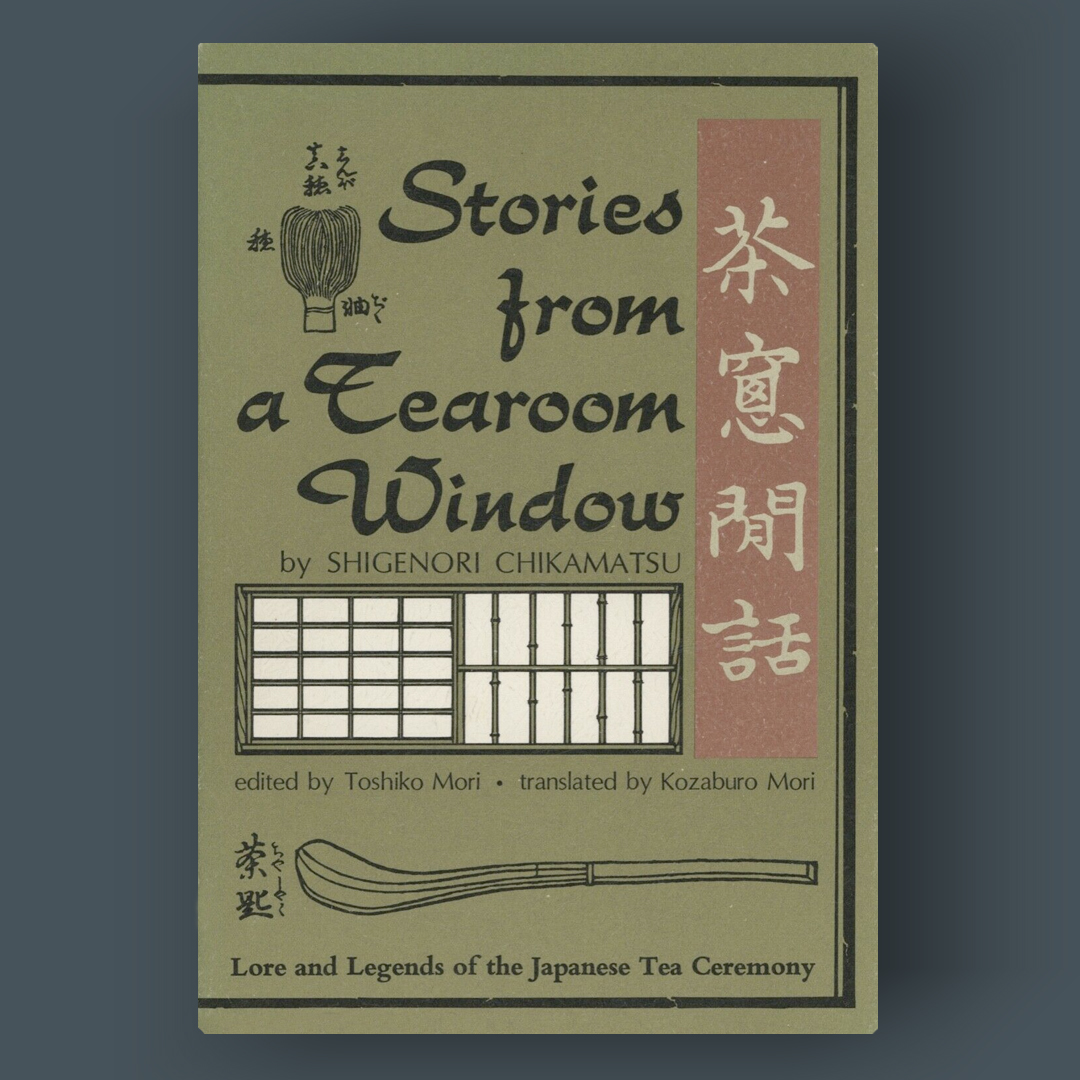
What has been preoccupying you about writing (your own or someone else’s) these days?
The kinds of narratives that go beyond realist fiction or different forms of exploration in poetry — especially ones that centre BIPOC writers. I’ve been reading more books in translation, especially fiction by Japanese women authors and graphic novels by Korean women.
Do you have a piece or paragraph from current work to share?
I’ve been revising a long poem, ‘Notes on Grieving.’ Here’s a fragment from it.
the way others avert their gaze
as if someone had just exposed their body —
you’d think there was something illicit
about how the body wears grief; or is it
the spirit roughened by loss
that’s on display?
few dare admit sadness could be sexy
or that sex might be spurred on by
the necessity not to admit grief
I’ve also been working on a novel A Dream Wants Waking — it’s a companion novel to the duology (Oracle Bone and The Walking Boy). It combines elements of science fiction with fantasy, set mostly in 2219 in a mythical version of Luoyang. It will be coming out with Buckrider Books in the fall of 2023.
Do you drink coffee? This series was prompted by a Twitter conversation about adding bay leaf to coffee. Writers are delighted or vexed — no in-betweens! So, have you tried it?
I saw some of that Twitter conversation about bay leaf in coffee. And yes, I sometimes drink coffee. I tried including bay leaf. I didn’t like it, alas. I’ve also tried a crushed cardamon pod in coffee and I think it tastes fabulous.
What else is going on that I should know about? What’s happening next for you? Where can we find you?
I’m excited about A Dream Wants Waking coming out next year. I’m also in the process of completing a poetry manuscript. You can find me mostly at home (but of course you can’t literally meet me there yet because of the pandemic). I do make trips to various places, such as Crystal Mall in Burnaby, for certain kinds of groceries. I’m thinking about writing a series of poems about the experience of being there.
Thank you for spending this time with me. I hope we get to see each other again soon …
I really hope so too! Thanks so much, Elee!

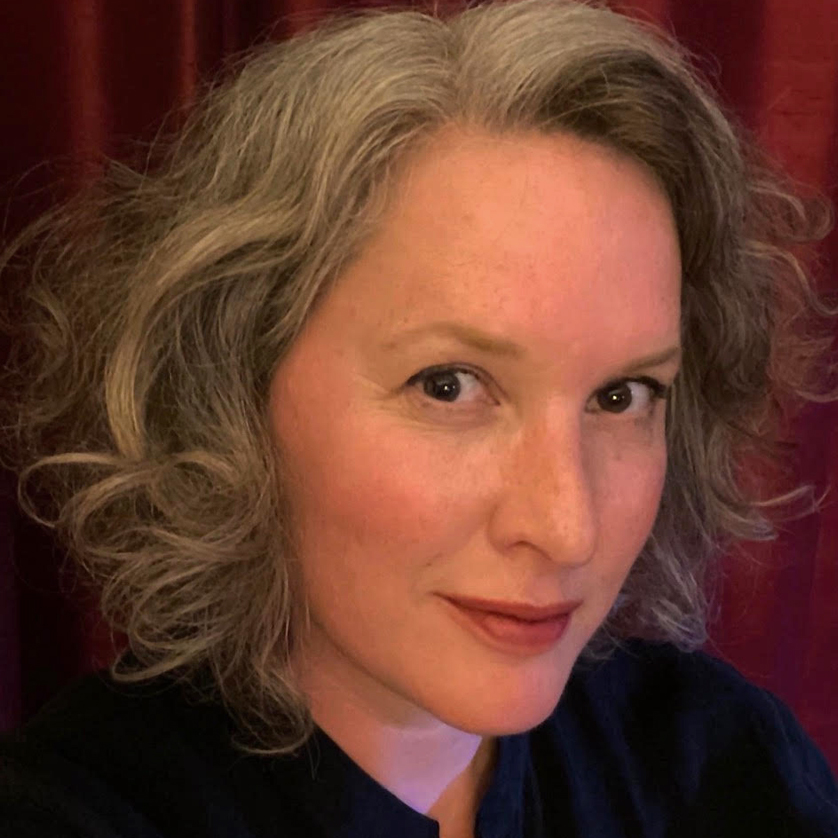
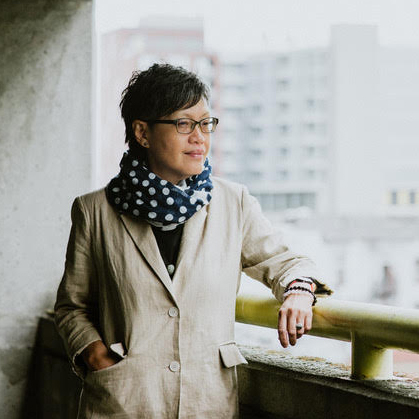
Lydia Kwa has published two books of poetry, The Colours of Heroines (Women’s Press, 1994) and sinuous (Turnstone Press, 2013). Kwa’s first novel This Place Called Absence (Turnstone Press, 2000) was nominated for several awards, including the Lambda Literary Award. Her next novel, The Walking Boy, was nominated for the Ethel Wilson Prize (a new version was released by Arsenal Pulp Press in spring 2019 as the second novel in the chuanqi 傳奇 duology). Her third novel, Pulse, was re-issued in 2014 (Ethos Books). Her fourth novel, Oracle Bone, was published by Arsenal Pulp Press in 2017. Kwa has also self-published two chapbooks: linguistic tantrums and tree shaman; and has had two art shows related to those works. Kwa’s prose poem, ‘A Letter to My Former Selves,’ won the Earle Birney Prize for poetry in 2018. More: lydiakwa.com + @hokkienhakkagirl + @lydiakwa
